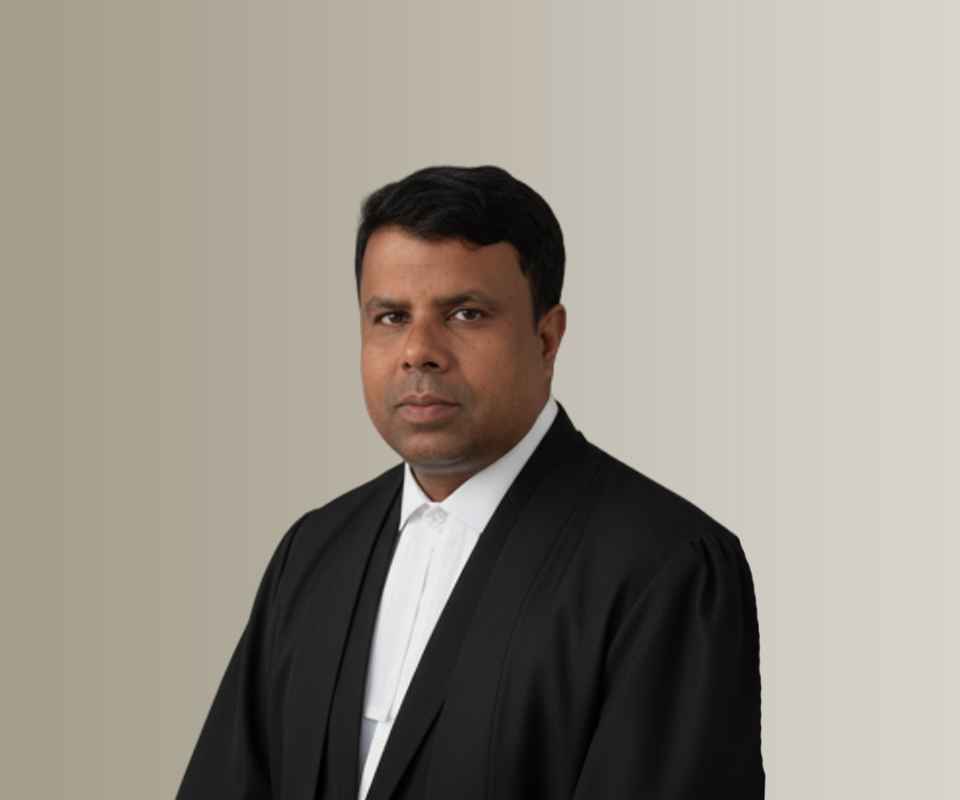Answer By law4u team
If a person dies without a will in India, it means they have died intestate. In that case, their property and assets are distributed according to the personal laws applicable to them or the Indian Succession Act, 1925 if no personal law applies. Here’s what generally happens: 1. Intestate Succession According to Personal Law For Hindus, Buddhists, Jains, and Sikhs, the Hindu Succession Act, 1956 governs the distribution of property. It lays down a hierarchy of heirs like spouse, children, parents, siblings, etc., who inherit the property in a specific order. For Muslims, inheritance is governed by Muslim personal law, which is different from Hindu law and has fixed shares for heirs such as spouse, children, parents. For Christians and Parsis, the Indian Succession Act, 1925 applies, setting rules for distribution to legal heirs. 2. No Will Means No Choice for the Deceased The deceased’s assets are divided strictly as per the applicable succession law; they cannot specify how to distribute it. 3. Legal Heirs Get Ownership The rightful heirs receive the property and rights automatically as per the law. They need to obtain legal succession certificates or probate for immovable property or other assets. 4. If No Heirs Are Found If there are no legal heirs, the property goes to the government as bona vacantia (ownerless property). 5. Administration of the Estate A legal representative or administrator may be appointed by the court to manage and distribute the estate if necessary. In short, dying without a will means the law decides who inherits, and the deceased’s wishes are not considered.









